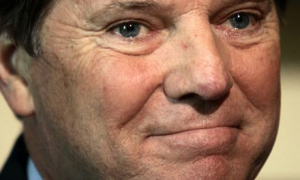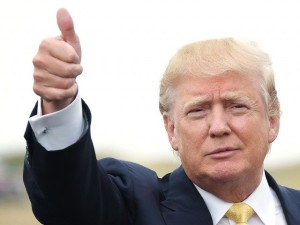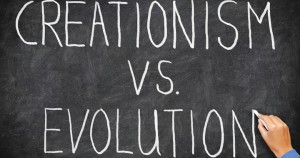Tennessee’s Republican governor, Bill Haslam, has put his veto pen to good use.
He vetoed a bill that would have made the Bible the “state book” of Tennessee. Frankly, such a law looks like something that might one day find its way to the desk of the Texas governor.
His reasoning is interesting, to say the least. Haslam said giving the Bible such a designation “trivializes” the holy book.
I applaud the governor for making a reasonable decision.
“If we believe that the Bible is the inspired word of God, then we shouldn’t be recognizing it only as a book of historical and economic significance,” Haslam said.
Indeed.
Here’s another thought: Giving the Bible such a designation quite possibly would violate the U.S. Constitution First Amendment prohibition against government establishing a state religion.
The Bible is a sacred text. It belongs in the homes of families whose faith relies on the Bible’s teachings. It belongs in churches where clergy preach its holy word.
It does not belong as a government-designated “official book.”
Don’t those fine public servants who serve in the Tennessee legislature understand the oath they took, the one that says they would support, protect and defend the Constitution of the United States?
The Constitution they swore to uphold is a secular document. It prohibits governments at all levels from enacting the kind of law that came out of the legislature in Nashville.
And, yes, the Bible is a sacred text. Let’s not cheapen it by making a state’s “official book.” The Bible is a much more profound document than that.






